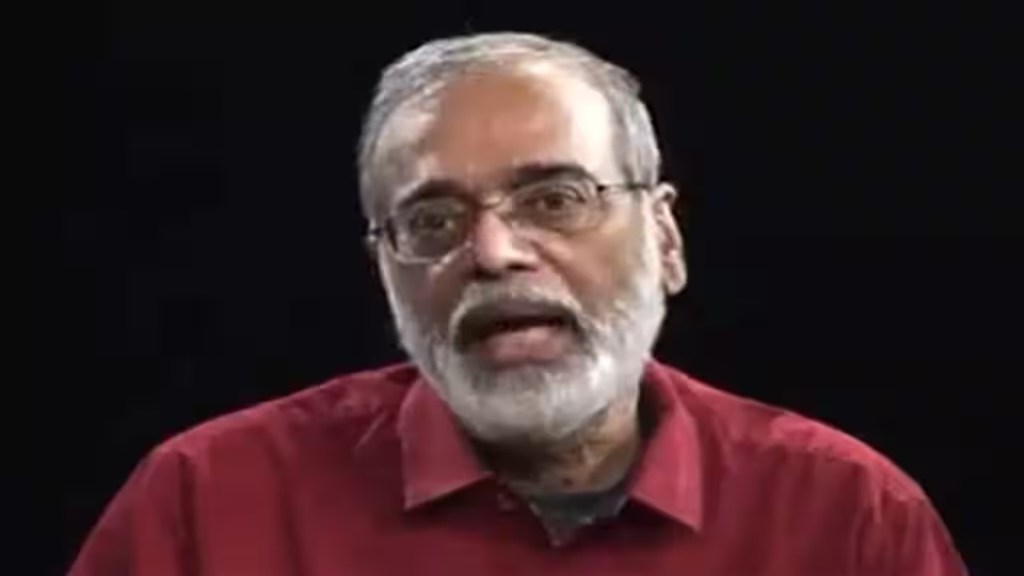The Supreme Court on Wednesday ordered the release of Newsclick founder-editor Prabir Purkayastha, invalidating his arrest in a terror case. The court’s decision was based on the grounds that the Delhi Police failed to inform Purkayastha of the reasons for his arrest before taking him into custody.
The ruling, led by a Bench headed by Justice B R Gavai, underscores the significance of adherence to proper procedure and due process, even in stringent terror cases.
Purkayastha was arrested by the Special Cell of the Delhi Police at around 6 30 AM on October 3 last year. Alleging violations of the Unlawful Activities (Prevention) Act, the police accused Newsclick of receiving funds for “pro-China propaganda”.
The FIR listed serious charges Sections 13 (unlawful activities), 16 (terrorist act), 17 (raising funds for terrorist acts), 18 (conspiracy), and 22(C) (offences by companies, trusts) of the UAPA, and Sections 153 A (promoting enmity between different groups) and 120B (criminal conspiracy) of the Indian Penal Code (IPC).
Purkayastha was taken to a special judge’s residence for a remand hearing on October 4, 2023, without prior notice. His lawyers were informed about the proceedings over a phone call around 7 AM.
In filings before the Delhi High Court, Purkayastha claimed that his lawyers received an unsigned copy of the remand application via WhatsApp without the time or grounds of arrest. Despite objections filed before 8 AM, the lawyers were informed that the remand order had already been granted, allocating seven days of police custody.
Official records revealed that the remand order was signed at 6 AM, before Purkayastha was presented before the judge or his lawyers were notified. Further, the FIR was made public only after several days had passed since his arrest.
Purkayastha’s argument centred on the illegality of his arrest due to procedural lapses.
Article 22(1) of the Constitution guarantees protection against arrest and detention, stipulating that individuals must be promptly informed of the grounds for their arrest and have the right to consult with legal counsel.
On the same day of Purkayastha’s arrest, the Supreme Court, in Pankaj Bansal versus Union of India, mandated the furnishing of written grounds of arrest to the arrested person and without exception.
This directive was deemed applicable to the UAPA, given its similarity to the Prevention of Money Laundering Act (PMLA). Bansal’s case was regarding money laundering offence.
Directing the release of Pankaj Bansal and Basant Bansal, directors of the Gurgaon-based realty group M3M, on October 3 last year, a Bench of Justices A S Bopanna and Sanjay Kumar held that “to give true meaning and purpose to the constitutional and the statutory mandate of Section 19(1) of the [Prevention of Money Laundering Act (PMLA)] of 2002 of informing the arrested person of the grounds of arrest,…it would be necessary, henceforth, that a copy of such written grounds of arrest is furnished to the arrested person as a matter of course and without exception”.
They were arrested on June 14 last year in a money laundering probe linked to a bribery case against a former special judge.
The ruling therefore provides a shield against arrests made under PMLA.


